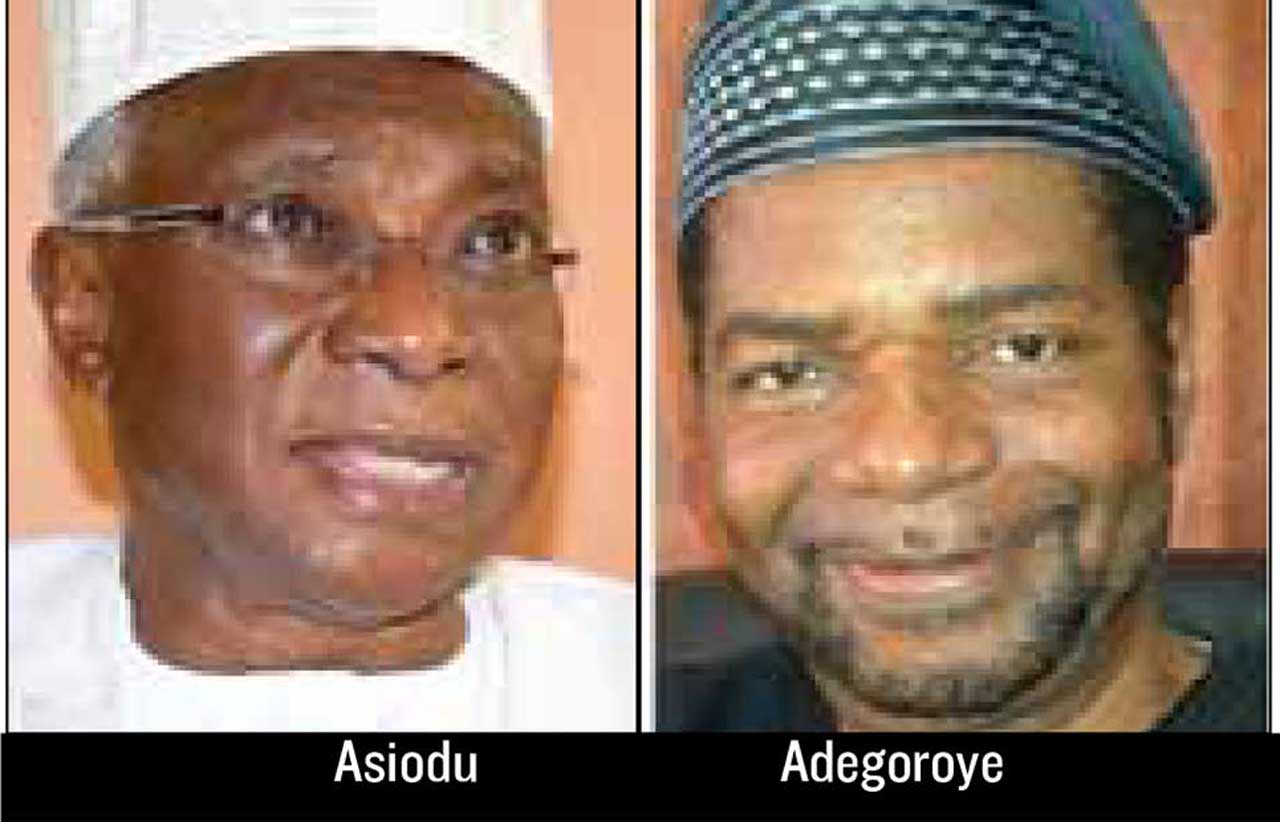
He never completed the PhD. Because the following year, he was recruited by former teacher and dean of law at the London School of Economics, Professor Gower to teach at the University of Lagos, where the professor had been appointed to establish a faculty of law. Thus, Nwabueze was among the foundation lecturers of the University of Lagos.
Indeed, when lectures began at the new university, at its temporary site at Idi-Araba, on October 4, 1962, he recalled that he was “one of the lecturers to deliver the first lectures in the university on that historic day.”
As there were little or no local textbooks available for teaching, these pioneers had the urgent task of producing textbooks for courses they taught. Nwabueze’s teaching assignments were Nigerian Legal System, Constitutional Law, and Land Law. He immediately started working on producing textbooks for each of these courses. He published his Machinery of Justice in Nigeria the following year, 1963, and Constitutional Law of the Nigerian Republic a year later.
Both were substantial works of high quality. He started work on his Nigerian Land Law, but it was interrupted by the Civil War. It was finally published after the war (1972). He was able to achieve this feat by a single-minded commitment. “I knew of no other life than teaching, study, reflection and writing – no going to parties, night clubs or playing games, no running after women.”
He recalled. Several years ago, I got a confirmation of this from the late Professor Cyprian Okonkwo, who occupied the ground floor flat of the building in Surulere where Nwabueze lived in an upper floor flat. Professor Okonkwo recalled that light was almost always on in Nwabueze’s study every night.
Nwabueze’s career at the University of Lagos ended abruptly with the closure of the University in 1965 in the wake of the Eni Njoku-Biobaku crisis, which resulted in the departure of all lecturers and students of Eastern Region origin from the University for the University of Nigeria.
At the end of the Civil War, he left for the University of Zambia only to return to the University of Nigeria in 1975 but quickly retired. He was only 44 years old. While some of his greatest works were already published, he would live for nearly a half century longer, during which he produced three times as many books as he did as a university teacher.
Nwabueze published a total of about two dozen titles including a few multi-volume books. Yet, his greatest work may be among the half dozen titles he published by 1975. He felt Nigerian Land Law was “considered by many as the most scholarly of my works.” But he personally judged his more recent two-volume Colonialism in Africa: Ancient and Modern (2005) “the best of my books.”
The reason why the former is so highly rated is obvious. Land law is a terror to many a law student, especially the abstruse labyrinths of the English tenure system and estates. The mastery demonstrated by the author and his clarity of presentation justified the deep impression created by Nigerian Land Law.
For me, however, his greatest published work was not one book but the trilogy published between 1973 and 1977: Constitutionalism in the Emergent States, Presidentialism in Commonwealth Africa, and Judicialism in Commonwealth Africa. The three “ISMs.’ These three are truly, in my opinion, his magnum opus. According to the wisdom of Francis Bacon, “some books are to be tasted, others to be swallowed, and some to be chewed and digested.”
This set of books left a permanent impression on me and they remain my companion and are never far from me. For many years, I even thought Nwabueze coined the word “judicialism” because it is not a dictionary word, until I later found at least one earlier usage, by the German American political scientist Carl Joachim Friedrich nearly a decade before the appearance of Nwabueze’s work.
For such a painstakingly scholarly work, it is a bit curious to learn from the author that the books “were the products of an anguished feeling of grievance” over his treatment by Nigerian security forces immediately after the war. “Fired by that feeling,” he wrote, “I worked day and night to finish the three books.”
It took him just five years, 1970-1975. Without doubt, this work established his global reputation as a constitutional lawyer and defined his future trajectory as a specialist. Before these books, he had only one major publication in the field, a textbook, from a decade earlier!
It is hardly a surprise then that it was for this trilogy that the University of London awarded him the higher doctorate, LL.D. for published works, only the second African, after the great Taslim Elias, to have obtained that degree by publications, a fitting validation for a brilliant student who because he walked away from his PhD programme in 1962, did not own a doctoral dissertation.
His regrets and controversies
Hindsight is the curse of constitution makers almost everywhere. Seldom is the genius of James Madison, whose United States Constitution retains its global admiration after two centuries, or the genius of Hans Kelsen, whose Austrian Constitution of 1920 is still admired. Nigeria’s present Constitution has been much criticised for its adequacies, and Nwabueze was one of the principal authors of the Constitution of 1979, which the present Constitution closely replicates.
What is peculiar about the critique is that Nwabueze was among the leading critics. This was not simply self-criticism but a total disavowal of his previous position, root and branch. “Quite frankly, there are many flaws and many errors in the content of the Constitution,” he told Vanguard newspaper on March 22, 2013.
Prominent among these flaws and errors are the centralised federal system and the concentration in the centre of control over the management and distribution of revenue sources. “We took away 50 per cent of the items on the Concurrent List and gave it to the centre …[and] we destroyed what is called fiscal federalism.”
As Justice Udo Udoma, Chairman of the Constituent Assembly and others made clear, a concurrent legislative list however long is potentially an exclusive federal list because of the supremacy of federal legislation.
This is one of the clearest principles of federalism. Kenneth C. Wheare’s celebrated monograph on the subject (4th edn., 1963) put it thus, “It is well to emphasise at once that the existence of a concurrent jurisdiction in some matters is not necessarily incompatible with the federal principle. But if there is a concurrent jurisdiction, there must exist also some provision to determine which authority, in case of conflict, is to prevail. That authority will possess, in my opinion, potential though not actual exclusive jurisdiction. It has the power to bring the subject in question under its exclusive control to the extent that it chooses to regulate it.”
To be continued tomorrow
Ukhuegbe wrote from Toronto, Canada.






